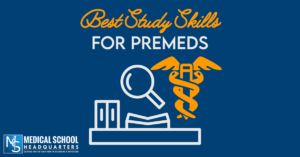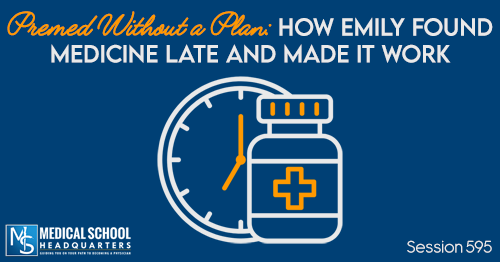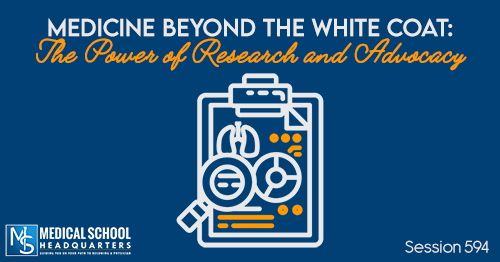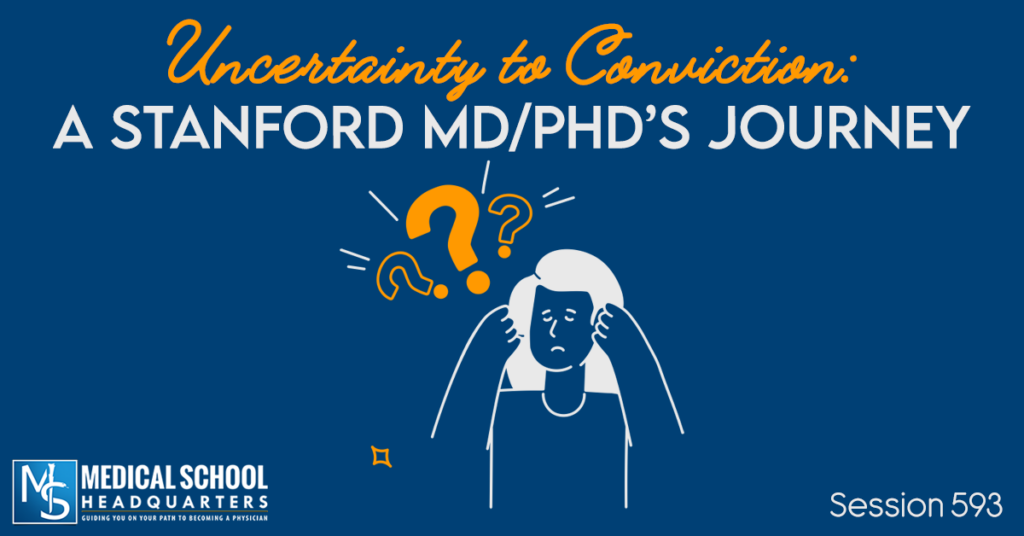Building relationships with your professors can benefit you academically and eventually benefit your medical school application. It’s never too late to build relationships with your professors, and it’s also never too early. A professor you have your first year could lead to other opportunities, like research, or eventually, write a letter of recommendation for your medical school application. There may also be other opportunities you pursue during your academic career that your professors can recommend you for.
Why Should You Prioritize Relationships with Your Professors?
Academic Success
The best resource for doing well in a class is the one who designs and teaches it. Professors hold office hours where they can answer your questions about the course in general, your latest test, or recently covered content. You can also meet with them at the beginning of the course and ask for their advice on succeeding in that class.
The benefits of going to your professor for academic help are twofold. First, they are knowledgeable about the subject they teach and are experts in that specific class. Second, a professor who’s seen you put in the effort by coming to every class and office hours might be more likely to round up a grade that’s on the borderline between letter grades.
Extracurricular Opportunities
If you’re interested in research, an excellent way to find opportunities or a lab to join is to get involved with the research your professors are doing. You can also cold email PIs at your university, but one who already knows you may be more willing to take you on and mentor you.
Your professor may also be familiar with or the faculty advisor for other clubs or groups on campus. These activities can be a great way to get to know your fellow students, and they also present an opportunity to form relationships with professors and mentors outside the classroom.
Letters of Recommendation
When you apply to medical school, you will either need a committee letter from your school’s pre-health advising department or at least three letters you’ve collected on your own. A good rule of thumb is to expect to need letters from two science professors and one letter from a non-science professor. Of course, each school has its own requirements, but this should have you in good shape for many schools. And you can check each school’s website, or MSAR for MD schools, for information on any special requirements.
More detailed information about individual school policies is something we hope to continue building into Mappd. You can sign up for a free trial here.
Your letters of recommendation are an important part of your application. They give the admissions committee important insights into who you are as a person, and what kind of student you will be. A professor who has seen you struggle in their course and recover or succeed in a course despite hardship can demonstrate to the medical school that you will be able to handle the coursework whatever life or school throws at you.
A letter writer who knows you well personally can also give support for nonacademic qualities that you possess. This can lend support for and proof of qualities you described in your personal statements and activity descriptions.
How to Build Relationships with Professors
Go to Office Hours
As I talked about above, most universities require professors to hold open office hours where any current students can stop by and ask questions. If their regular office hours don’t work for your schedule, don’t panic and don’t think that you won’t be able to spend time with your professors. Most will be willing to set up a meeting time with you outside of their normal office hours.
In the days of Zoom meetings, you might also be able to set up a quick meeting with your professor in between whatever else you have going on, even if you can’t make it to campus that day. Office hours or scheduled meetings are also a great way to get to know professors in online classes, and especially those that are asynchronous.
Take Multiple Classes with the Same Professor
Taking multiple classes with the same professor will help you keep in touch with them by forcing contact over a period of semesters or years. It can also help you get back in touch with a former professor if you’ve lost contact with them after the first class you took with them. It gives you an organic opportunity to reach back out to that professor. Taking another class with them, especially of a higher level, can show them how you’ve grown as a student.
Keep in Contact
You can do this over email or stop by their office every so often. This is easiest to do if you’ve explained to them why you hope to keep in touch, or if you’ve developed a mentor-mentee relationship with them. An easy way to keep in touch is email them once a semester or so with updates on how your academic and premed journeys are going. Do what feels natural and acceptable to you and that particular professor.
What If I’ve Lost Touch with a Previous Professor?
If you’re thinking ahead to who you might ask to write you a letter of recommendation in the future and coming up short, you can try reaching out to previous professors to reestablish contact. It’s okay to be honest about what your intentions are and ask to meet with them or occasionally email them in order to re-form that connection.
You can send a short email letting them know that you plan to apply to medical school in X amount of time, and you are hoping to keep in touch with them so that when the time comes they might be willing to write you a letter of recommendation.
At the End of the Day…
Prioritize building relationships with your professors and potential mentors. This will benefit your academic career in the short and long term. It can also open up opportunities that you wouldn’t have had otherwise. The easiest way to do this is to get involved on campus and attend office hours instead of just going to close and going home.
More Links and Resources
Dr. Gray’s Top 5 Tips for New Premeds







